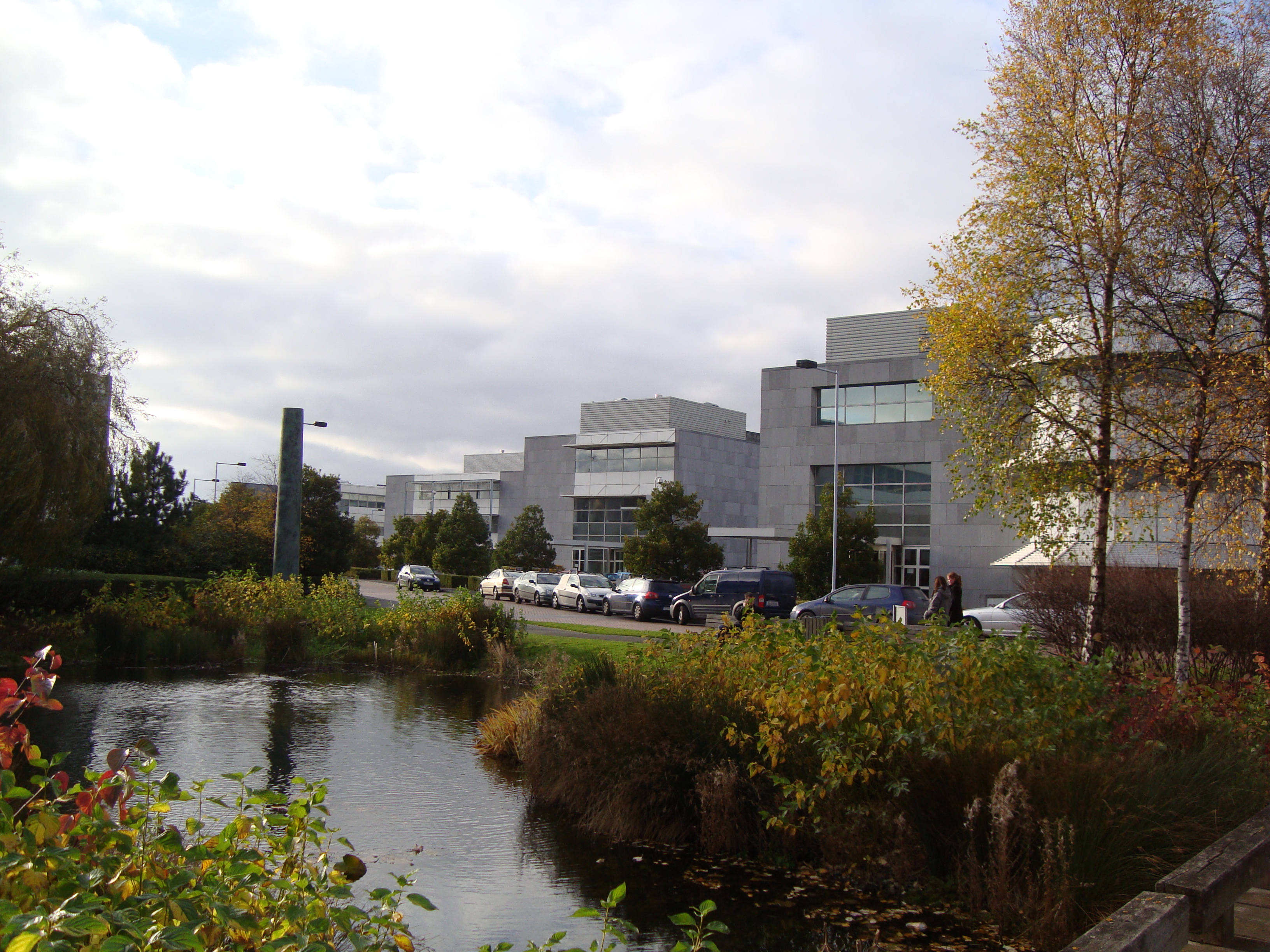
The Power of AI in Business
Artificial Intelligence (AI) has rapidly become a transformative force in the business world, revolutionizing various industries by enhancing efficiency, improving decision-making, and enabling new forms of innovation. From automating routine tasks to providing deep insights through data analysis, AI's capabilities are vast and continually expanding. Businesses that harness the power of AI are better positioned to gain a competitive edge, optimize operations, and deliver superior value to their customers.
One of the most significant advantages of AI in business is its ability to process and analyze large volumes of data quickly and accurately. Traditional data analysis methods can be time-consuming and prone to human error, whereas AI algorithms can swiftly sift through complex datasets to identify patterns, trends, and correlations. This capability enables businesses to make data-driven decisions with greater confidence and precision. For instance, AI-powered analytics can help companies predict market trends, optimize supply chains, and personalize marketing strategies, leading to increased efficiency and profitability.
AI is also transforming customer service and engagement. Chatbots and virtual assistants, powered by natural language processing (NLP) and machine learning, can handle a wide range of customer inquiries in real-time, providing instant support and freeing up human agents to focus on more complex issues. These AI-driven tools enhance customer satisfaction by delivering quick and accurate responses, available 24/7. Additionally, AI can analyze customer behavior and preferences to offer personalized recommendations, improving the overall customer experience and fostering loyalty.
In the realm of operations, AI is streamlining processes and driving productivity gains. Automation powered by AI can handle repetitive and mundane tasks, such as data entry, invoice processing, and inventory management, reducing the likelihood of errors and allowing employees to focus on more strategic activities. In manufacturing, AI-driven robots and predictive maintenance systems enhance production efficiency and reduce downtime by anticipating equipment failures before they occur. Furthermore, AI can optimize logistics by analyzing traffic patterns and weather conditions, ensuring timely delivery of goods and reducing operational costs.
AI is also playing a crucial role in enhancing cybersecurity. With the increasing sophistication of cyber threats, traditional security measures are often insufficient to protect sensitive information. AI-powered security systems can detect and respond to threats in real-time by analyzing network traffic and identifying anomalies that may indicate a cyberattack. Machine learning algorithms can adapt to new threats and continuously improve their detection capabilities, providing businesses with a robust defense against cybercriminals. This proactive approach to cybersecurity helps safeguard business assets and maintain customer trust.
The potential of AI extends to human resources as well, where it is revolutionizing recruitment and talent management. AI algorithms can screen resumes and identify the best candidates based on specific criteria, reducing the time and bias associated with manual hiring processes. Additionally, AI-driven performance management systems can analyze employee data to identify strengths, weaknesses, and areas for development, enabling personalized training and career development plans. By leveraging AI in HR, businesses can attract and retain top talent, fostering a more engaged and productive workforce.
Despite its numerous advantages, the integration of AI into business operations is not without challenges. Concerns about data privacy, ethical implications, and the potential for job displacement must be addressed. Businesses need to ensure that AI systems are transparent, fair, and aligned with ethical standards. Implementing AI also requires significant investment in technology and training, as well as a cultural shift within the organization to embrace AI-driven processes.




